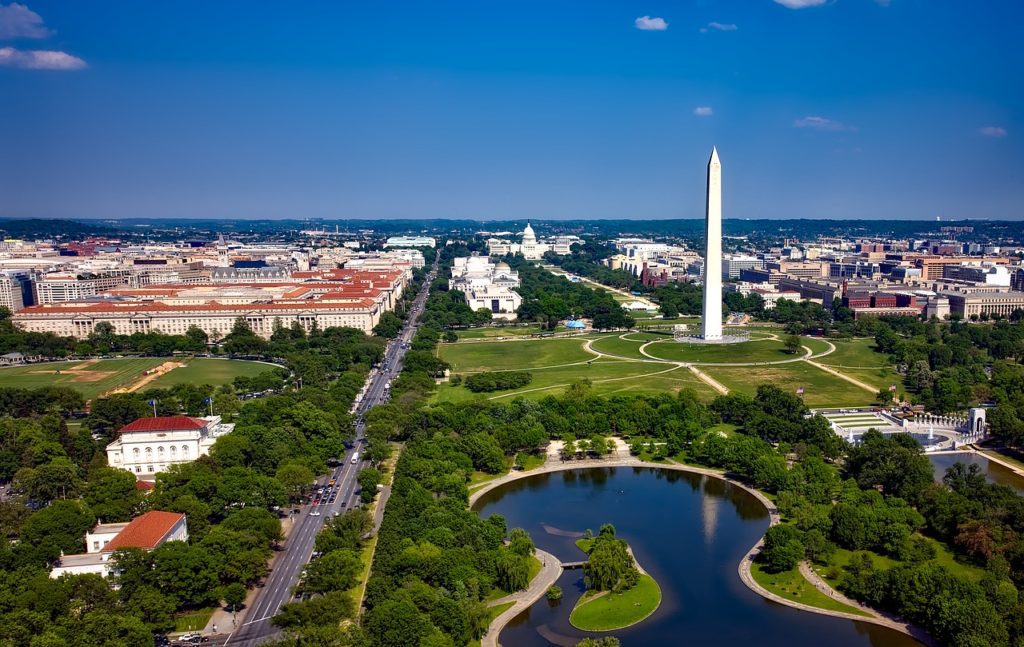
Today, the United States formally withdrew the country from the Paris Agreement. Ratified three years ago by 187 nations, including the U.S., this international climate agreement is essential to ensuring a safe, just, and livable future for all Americans and for people and nature across the planet.
The administration’s decision to withdrawal does not represent the will of the people. Over three-quarters (77%) of registered voters support continued U.S. participation in the Paris Climate Agreement.
This decision from the White House acts against U.S. economic interests. The Climate Emergency, Urban Opportunity report identified a bundle of low-carbon measures representing a $23.9 trillion global opportunity, which would support 87 million jobs in 2030, mostly from deep building efficiency improvements.
Even the administration recognizes that a low-carbon future is an economic driver for the U.S., noting “U.S. net greenhouse gas emissions dropped 13% from 2005-2017, even as our economy grew over 19 percent.”
By abdicating leadership on climate action, and continuing to prioritize investment on fossil fuel-heavy energy infrastructure, the United States hands that jobs engine to other countries.
The withdrawal is contrary to investments being made right now by U.S. local governments, who recognize both the challenge and opportunity associated with swift and deliberate action to address our collective climate crisis.
In just the first 10 months of 2019, ICLEI USA assisted 118 local governments to create greenhouse gas inventories, and 70 are working to develop an emissions-reduction target with another 24 developing a climate action plans.
In addition to climate planning activities, local governments are taking action and benefiting from results. The 2018 What’s Driving Local Emissions Changes contribution analysis report notes that 110 of 131 cities studied had reduced greenhouse gas emissions from residential electricity, while 47 out 74 showed reductions in transportation emissions. Local governments continue to lead, and they need state and national partners to advance more quickly and thoroughly.
Angie Fyfe is Executive Director of ICLEI USA.
